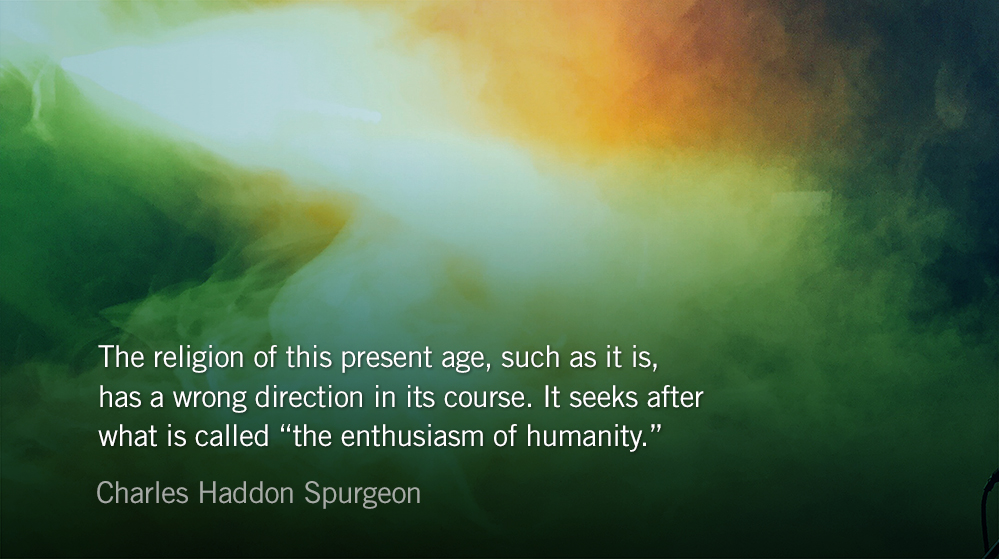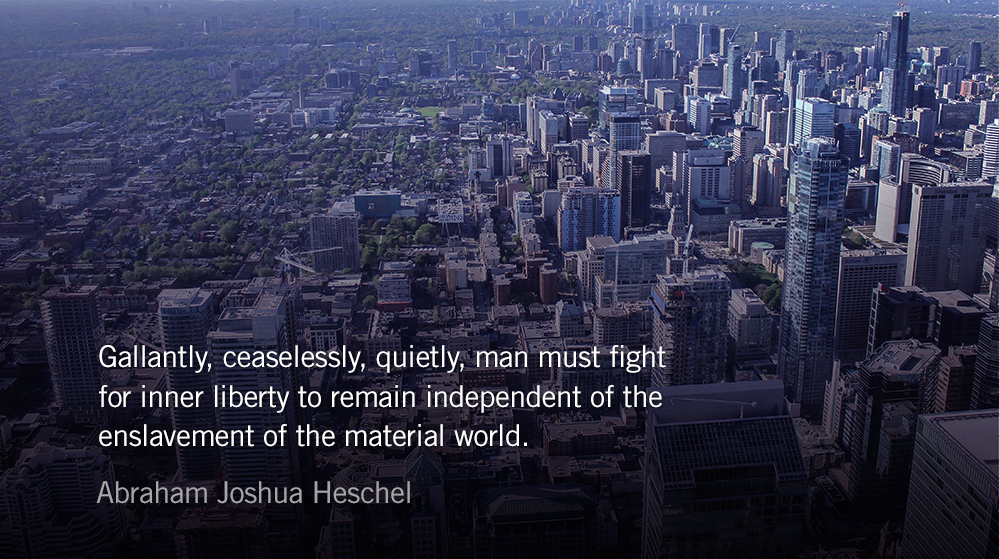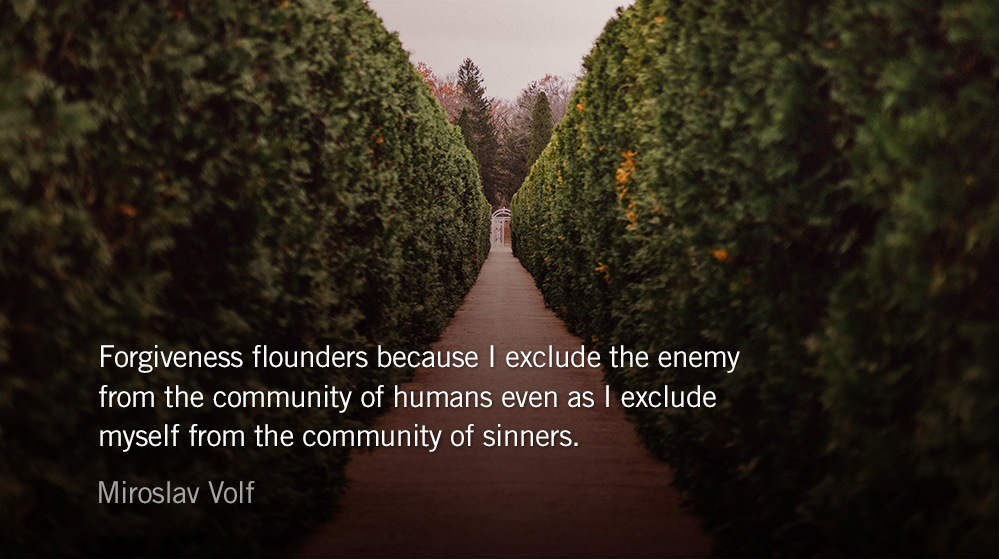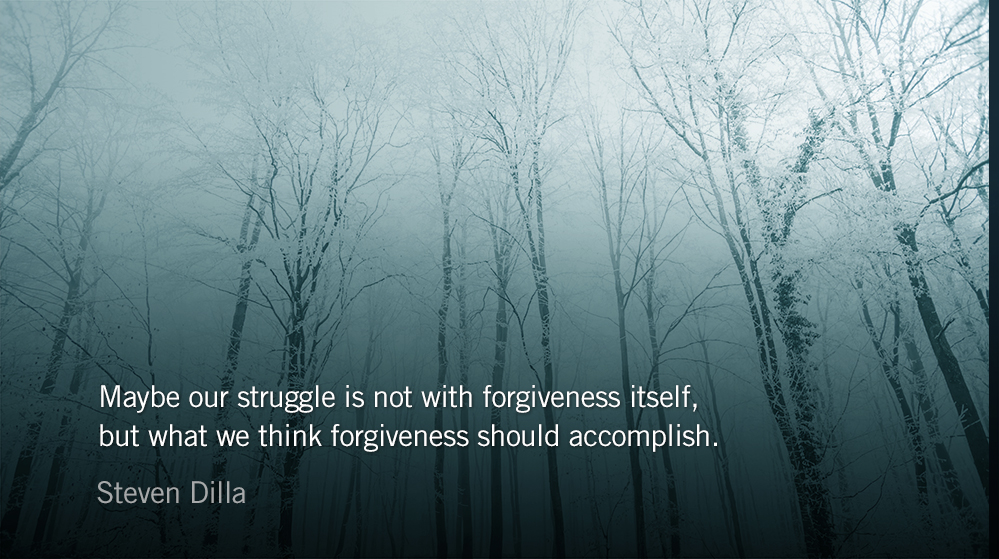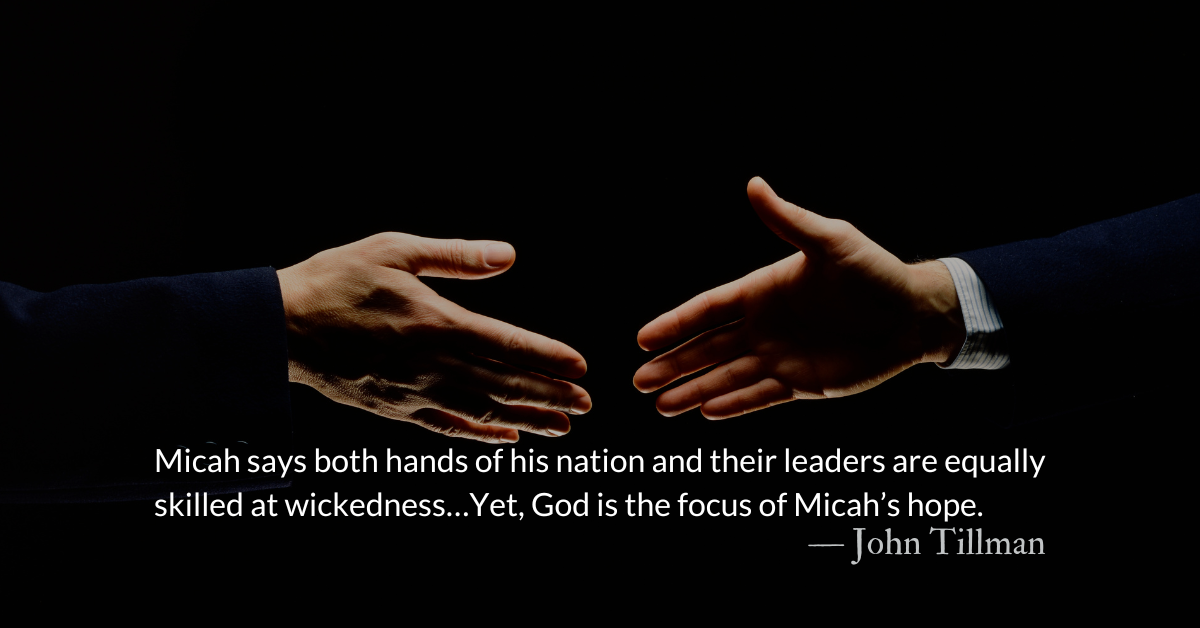We need not say in what precise form or way the blessing shall come: let us leave it in all its breadth of inconceivable benediction.
― Charles Haddon Spurgeon
Scripture: Genesis 48.15
And [Israel] blessed Joseph and said, “The God before whom my fathers Abraham and Isaac walked, the God who has been my shepherd all my life long to this day…”
Reflection: Fresh Focus
By Charles Haddon Spurgeon (1834-1892)
If we want to bless young people, one of the likeliest means of doing so will be our personal testimony to the goodness of God. Young men and women usually feel great interest in their fathers’ life-story—if it be a worthy one—and what they hear from them of their personal experience of the goodness of God will abide with them.
I want you to note, that Jacob, in desiring to bless his grandsons, introduced them to God. He speaks of “God before whom my fathers did walk: God who blessed me all my life long.” This is the great distinction between man and man: there are two races, he that fears God, and he that fears him not.
The religion of this present age, such as it is, has a wrong direction in its course. It seeks after what is called “the enthusiasm of humanity,” but what we want far more is enthusiasm for God. We shall never go right unless God is first, midst, and last. I despair for benevolence when it is not based upon devotion. We shall not long have love to man if we do not first and chiefly cultivate love to God.
Jacob died as one who had been delivered from all evil, ay, even the evil of old age. His eyes were dim; but that did not matter, for his faith was clear. I love to think that we are going where our vision of God will not be through the eye, but through the spiritual perceptions. These were brighter in Jacob in his old age than ever before; his faith and love—which are the earthly forms of those perceptions—were apprehending God in a more forcible manner than ever, and therefore signified little that the eyes which he would need no longer were failing him.
*Abridged and language updated from Charles Haddon Spurgeon’s sermon A Bit of History for Old and Young.
The Prayer Appointed for the Week
O God, the strength of all who put their trust in you: Mercifully accept my prayers; and because in my weakness I can do nothing good without you, give me the help of your grace, that in keeping your commandments I may please you in both will and deed; through Jesus Christ my Lord, who lives and reigns with you and the Holy Spirit, one God, for ever and ever. Amen.
– From The Divine Hours: Prayers for Springtime by Phyllis Tickle.
Full prayer available online and in print.
Today’s Reading
Genesis 48 (Listen – 3:43)
Luke 1:39-80 (Listen – 9:26)

